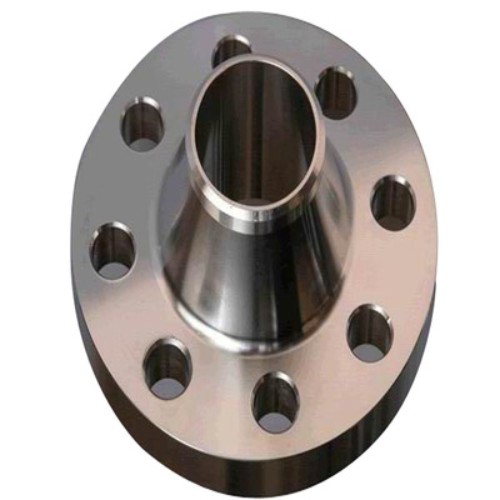High-Precision Needle Valve for Fluid Control Applications
Understanding the 15k Needle Valve Functionality, Applications, and Benefits
Needle valves are critical components used in various industries for precise control of fluid flow. Among the numerous types available, the 15k needle valve stands out for its unique specifications and applications. This article delves into the functionality, applications, and benefits of this specific type of needle valve.
What is a Needle Valve?
A needle valve is a type of valve with a slender, tapered point at the end of its valve stem. This design allows for fine control of the flow rate of liquids and gases. Unlike other valve types that open or close fully, needle valves enable gradual opening and closing, making them ideal for applications where precise flow control is essential.
Features of the 15k Needle Valve
The term 15k generally refers to a specific configuration or rating of a needle valve, often denoting its pressure rating (15,000 psi or similar) and material specifications. These valves are designed to withstand high pressures while providing excellent flow control characteristics.
- High-Pressure Capacity The 15k needle valve is built to handle high-pressure applications, making it suitable for industries such as oil and gas, chemical processing, and power generation. - Material Construction Typically made from stainless steel or other durable materials, these valves resist corrosion and wear, extending their lifespan and reliability. - Precision With their fine-threaded stem, 15k needle valves allow for small adjustments to flow rates, making them ideal for tasks where accurate measurement and control are paramount.
Applications of the 15k Needle Valve
The versatility of the 15k needle valve allows it to be used in multiple applications across various sectors
1. Oil and Gas Industry In oil refineries and gas processing plants, these valves control the flow of volatile substances, helping to manage the temperature and pressure within pipelines safely. 2. Chemical Processing Chemical manufacturers use needle valves to regulate the flow of reactants in chemical reactions, ensuring that the right amount of each ingredient is present to produce the desired output without accidents.
3. Water Treatment In municipal water treatment facilities, these valves help control the flow of chemicals used for purification, allowing for precise dosing as part of the treatment process.
15k needle valve

4. HVAC Systems Needle valves are also found in heating, ventilation, and air conditioning (HVAC) systems, where they regulate refrigerant flow, contributing to efficient heating and cooling operations.
5. Aerospace and Automotive Industries In high-performance engines and systems, the ability to regulate fuel and air precisely can significantly affect performance and efficiency. The 15k needle valve meets these rigorous demands.
Benefits of the 15k Needle Valve
The use of the 15k needle valve brings several advantages
- Precise Flow Control One of the most significant benefits of this valve type is its ability to control flow with high precision. This is essential in industries where even slight variations in flow can lead to significant issues.
- Durability The materials used in constructing these valves are chosen for their durability. This resilience leads to lower maintenance costs and reduced frequency of replacements.
- Safety In high-pressure applications, the ability of the 15k needle valve to maintain integrity under stress is crucial. It helps prevent leaks and potential hazards in systems that handle dangerous substances.
- Versatility Given their diverse applications, these valves can be adapted for various functions across multiple industries, making them a valuable component in many engineering systems.
Conclusion
The 15k needle valve is a vital tool in the arsenal of engineers and operators in various fields. Its high-pressure capacity, precise control, durability, and versatility make it an essential component in applications ranging from oil and gas to chemical processing and HVAC systems. As industries continue to evolve and demand greater efficiency and safety, the importance of reliable flow control solutions like the 15k needle valve will only increase. Understanding and implementing such tools effectively can significantly enhance operational performance and safety across multiple sectors.
-
The Key to Fluid Control: Exploring the Advantages of Ball Valves in Industrial SystemsNewsJul.09,2025
-
The Versatile World of 1, 2, and 3 Piece Ball ValvesNewsJul.09,2025
-
Stainless Steel Ball Valves: The Ideal Choice for Efficient Flow ControlNewsJul.09,2025
-
Optimizing Fluid Control with Ball Float ValvesNewsJul.09,2025
-
Manual Gate Valves: Essential for Control and EfficiencyNewsJul.09,2025
-
Everything You Need to Know About Butterfly ValvesNewsJul.09,2025
-
The Versatility of Wafer Type Butterfly ValvesNewsJul.08,2025




